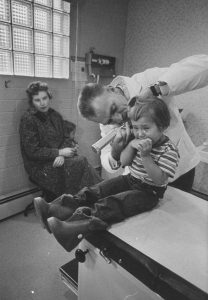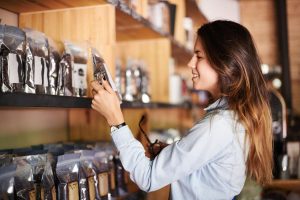In a recent study conducted at Washington State University, a team of researchers found that an electronic tongue, or “e-tongue,” was able to detect signs of contamination in white wine much earlier than a human sensory panel. The e-tongue identified microbial contamination in the wine within a week after contamination occurred, which was four weeks before the human panel noticed any changes in aroma. This early detection could potentially help winemakers catch and mitigate problems sooner, improving the overall quality of their products.
Traditional methods used by winemakers to identify wine faults or spoilage include sniffing the wine and performing petri-dish testing. The e-tongue offers a new method that could complement these traditional techniques and provide additional information about the quality of the wine. By analyzing the compounds present in the wine, the e-tongue can provide a “fingerprint” of the liquid, offering valuable insights for winemakers.
The researchers intentionally contaminated bottles of Reisling with four different microbes known to cause spoilage and unpleasant odors in white wine. A trained panel of volunteers was able to detect the contamination of the wine samples after 35 days, while the e-tongue was able to identify the contaminants after just seven days of storage. This early detection by the e-tongue could be crucial in preventing spoilage and maintaining the quality of the wine.
The e-tongue works by analyzing the liquid it is immersed in and identifying specific compounds present in the sample. At WSU, researchers have programmed the e-tongue for various purposes, including analyzing wine quality. While the e-tongue can provide valuable information about the holistic quality of wines, it is best used in conjunction with other methods of judging wine quality, rather than as a standalone tool.
The study, published in the Journal of Food Science, received support from the Washington Wine and Grape Research fund and the U.S. Department of Agriculture. The research team, led by WSU food science professor Carolyn Ross, is continuing to develop the capabilities of the e-tongue and build a library of information to inform its analysis. Winery clients interested in utilizing the e-tongue’s abilities to assess the quality of their products are being sought out by Ross and her team.




